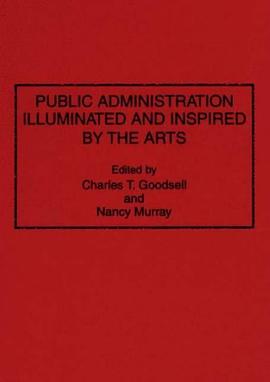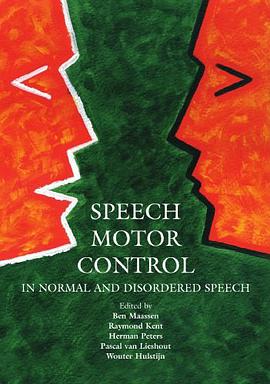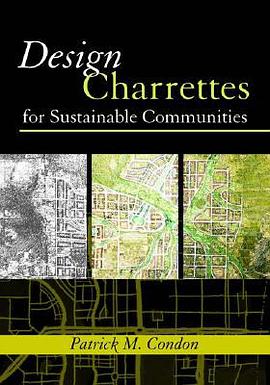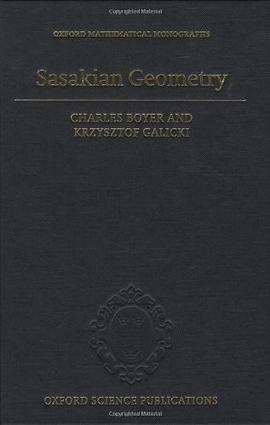

具體描述
Christian tradition holds that an individual's ability to respond to God's graceto love both God and neighboris not wholly vulnerable to earthly contingencies, such as victimization. Today, however, trauma theory insists that situations of overwhelming violence can permanently damage a person's capacity for responsive agency. For Christians, this theory raises the very troubling possibility that humans can inflict ultimate harm on each other, such that some individuals' eternal destiny can be determined not by themselves but by those who do great harm. Jennifer Beste addresses the challenges that contemporary trauma theory and feminist theory pose to deeply-held theological convictions about human freedom and divine grace. Do our longstanding, widespread beliefs regarding ones access to Gods grace remain credible in light of recent social scientific research on the effects of interpersonal injury? With an eye toward the concrete experiences of trauma survivors, Best carefully considers the possibility that one can be victimized in such a way that his or her receptiveness to Gods grace is severely diminished, or even destroyed.Drawing on insights present in feminist and trauma theory, Beste articulates a revised Rahnerian theology of freedom and grace responsive to trauma survivors in need of healing. Her thinking is characterized by two interconnected claims; that human freedom to respond to Gods grace can in fact be destroyed by severe interpersonal harm, and that Gods love can be mediated, at least in part, through loving interpersonal relations. Offering crucial insights that lead to a more adequate understanding of the relation between Gods grace and human freedom, Bestes important theory reconfigures our visions of God and humanity and alters our perceptions of what it means to truly love ones neighbor.
著者簡介
圖書目錄
讀後感
評分
評分
評分
評分
用戶評價
相關圖書
本站所有內容均為互聯網搜索引擎提供的公開搜索信息,本站不存儲任何數據與內容,任何內容與數據均與本站無關,如有需要請聯繫相關搜索引擎包括但不限於百度,google,bing,sogou 等
© 2025 book.quotespace.org All Rights Reserved. 小美書屋 版权所有




















